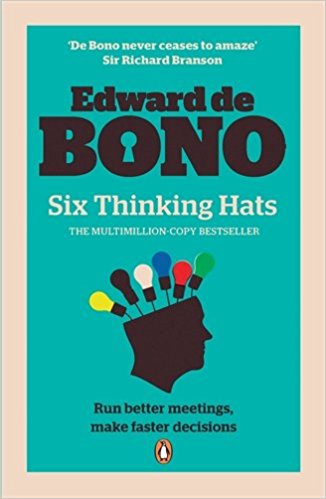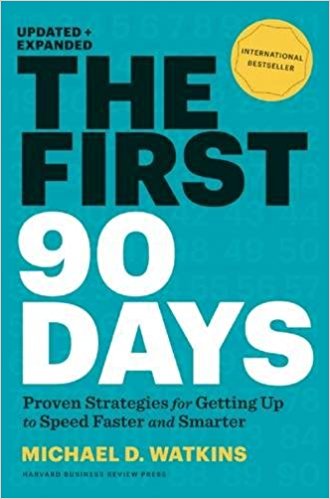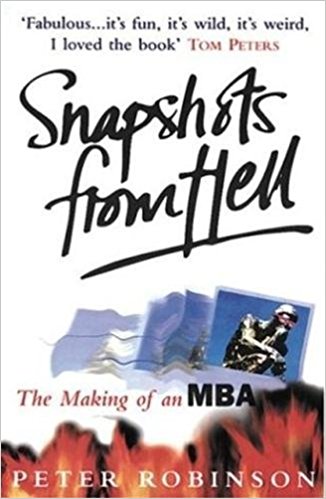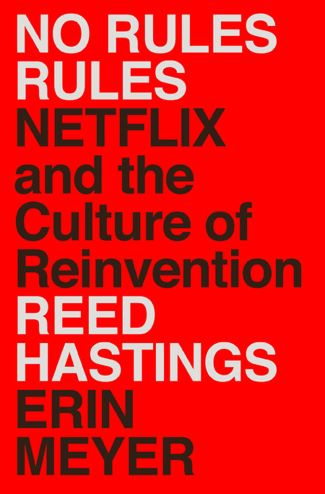TOP RECOMMENDATIONS ON MANAGEMENT
Click cover to read review
EASY READS
How do we evaluate a proposal? The six thinking hats offer an emotion free and structured process of thinking together: Blue (process), White (facts), Black (pitfalls), Red (feelings), Green (creativity) & Yellow (optimism).
3 simple tools to be an effective manager, not just “tough” (whose superiors think they are good, but their subordinates think otherwise) or “nice” (whose people seem to like them but their business results are lacklustre).
How do you turn an unenthusiastic and unhelpful department into an effective team? Esp when the day-to-day work is very routine and boring with little opportunity for promotion.
How do you get extraordinary success in work and in life? Learn from E&Y Entrepreneur of the Year, Gary Keller (who co-founded and chairs the largest reality company in US) as he explains his philosophy of Focus: Doing One Thing At A Time.
A top CEO & a Consultant teach the discipline of getting things done by linking people, strategy and operations. The leader’s job is not just vision or strategy, but also Execution. Great plans fall apart because no one focussed on monitoring detailed results.
A must-read for anyone in a new role, whether as a promotion or change in company. Offers proven strategies for getting up to speed faster and smarter.
99 Principles and Practices behind P&G’s success, as learnt by an insider, that can readily be applied in our own lives and jobs.
Condensed wisdom of one of the most admired consulting firms. Learn their famous problem-solving technique, their concise and impactful communication and other management tips.
8 skills separate people who perform from those who don’t: Clear positioning, detecting patterns, managing social systems, a knack for people, ensuring team spirit, setting the right goals and priorities and being responsive to external stakeholders.
For all students who ask what an MBA education is like. A hilarious day by the day account of life in Stanford Business School by a ‘poet’: maths and quants and economics and all!
Subroto Bagchi explains what it takes to be a true Professional, and highlights the 6 imperatives: Integrity, Self awareness, Professional qualities, Managing volume, Managing complexity and some New world qualities.
There is something alluring about Netflix. It has been THE top performing stock in S&P500 giving almost 4000% return in the last decade, and now at USD200bn market cap. Their CEO, Reed Hastings, talks of how he created a people culture that gave them a significant competitive advantage.
HEAVIER READS
Collins asks why do only some companies make the leap from merely good to truly great. And in the process, outlines what we can do to make that leap.
So many bright young managers do not rise to the next level because they fail to master the incremental skills needed. Charan brilliantly catalogues the key soft and hard skills needed at every level of an organization.
What distinguishes the very successful from the rest of us? Gladwell offers a contrarian view but backed by hard research: it is not just innate talent but many other things like plain luck, opportunities and upbringing that matter as much. The 10,000 hour rule is amazing.
Look at developing markets, not just for your social consciousness but because there is a large fortune if we can find a working business model that profitably serves the poor.
Malcolm Gladwell has struck gold. He has written 5 books (Tipping, Point, Outliers, Blink…) and ALL of them became bestsellers! He also got profiled in Times Most Influential people.
The core message is that sometimes our instinct, our gut may actually be more accurate than deliberate analysis. Because out guts draw on years of experience stored in our subconscious mind.
On developing and making newly elevated managers successful. One of the top most challenges almost every organisation is facing today is “Talent”. And the impact of Talent at a managerial or leadership position is multi fold, since it impacts every person down the hierarchy.
Why do some ideas become a rage? Little things can make a big difference and Gladwell identifies three: Law of the Few, the Stickiness Factor and the Power of Context.
One of the most respected academicians in Leadership asserts that Leaders are made, not born and anyone can learn leadership by following some basic principles: Know yourself and the world, operate on instinct, get people on your side and other insights.
The former CEO of IBM chronicles how, in 1990s, he turned it around from the brink of bankruptcy when mainframes were becoming obsolete. He overruled conventional advice to break the company, instead going back to its core of ‘applying complex technologies to solve business problems’. Great lessons on corporate strategy and changing culture.
“The Fifth Discipline: The Art and Practice of the Learning Organization” was largely responsible to catapult the “Learning Organization” as the management fad of the 90s, and HBR called it out as one of the seminal management books of the last 75 years. It is written by Peter Senge, a Prof at MIT who was named ‘Strategist of the Century’.
Real world decisions are often made in a vague environment, where most stakeholders will have biases and pre-conceived notions; information will not be 100% complete; there will be multiple right answers and dependencies of variables; and so on. Unless we learn the art of thinking clearly, we will routinely keep making wrong decisions.
Shery Sandberg is one of the most successful executives in the corporate world, worth about $1.8bn. She is also very vocal about ensuring more women in leadership roles (both in US and UK, amongst the top companies, less than 4% CEOs are women). But beyond the feminist agenda, this is a primer for anyone who wants to climb the corporate ladder and succeed.

























 This information will never be shared with third party
This information will never be shared with third party
Share This Article